CLIMATE CHANGE AND THE PANDEMIC
On May 13th, 2020 a talk about ‘Climate Change and the Pandemic’ was hosted by Benita Chick and Zara Campion via zoom to an open audience. This talk introduced the main issues regarding climate change. It also focused on highlighting the lessons learnt from the COVID-19 pandemic, some of which can be applied to the climate crisis allowing for a deeper and more holistic approach. The talk was split into 4 clear sections: The scientific facts with regards to the SDGs; The effects of climate change in Hong Kong – with a case study on Climate Action HK by Zara Campion; Lessons learnt from the Pandemic; and what an individual can do to reduce their own carbon footprint. Thus below is a summary detailing each of these sections.
The first section examined the role of the 17 Sustainable Development Goals (SDGs), set out by the UN focusing on ’SDG 13 Climate Action’ and it’s targets in place, set to be reached by 2030. The distinction between the term ‘Weather’ happening over a short period of time and ‘Climate’ referring to the average weather over a long period of time was defined. As were the natural phenomenon of our Earth caused by volcanoes, tectonic plate movement and changes to the sun which naturally lead to a rise and fall of CO2 in our atmosphere. Thereafter, the increasing effects of human activity on the earth since the industrial revolution were introduced through a series of graphs, and images showing human induced global warming. The strong effects of increased greenhouse gases on atmospheric compositions, leading to extreme events such as a decrease in cold weather, and increase in extreme hot weather was also portrayed. To evidence these events this section encompassed a series of case studies, portraying the effects of climate change in increasing the occurrence of extreme events in recent years. Events such as the Australian bushfires in December 2019, warming oceans reaching new record levels in 2019, as well as Greenland’s melting of the ice being unprecedented showed the detrimental effects of enhanced global warming. It is also important to note that all of these events have also had high implications to the existence and adaptation of wildlife.
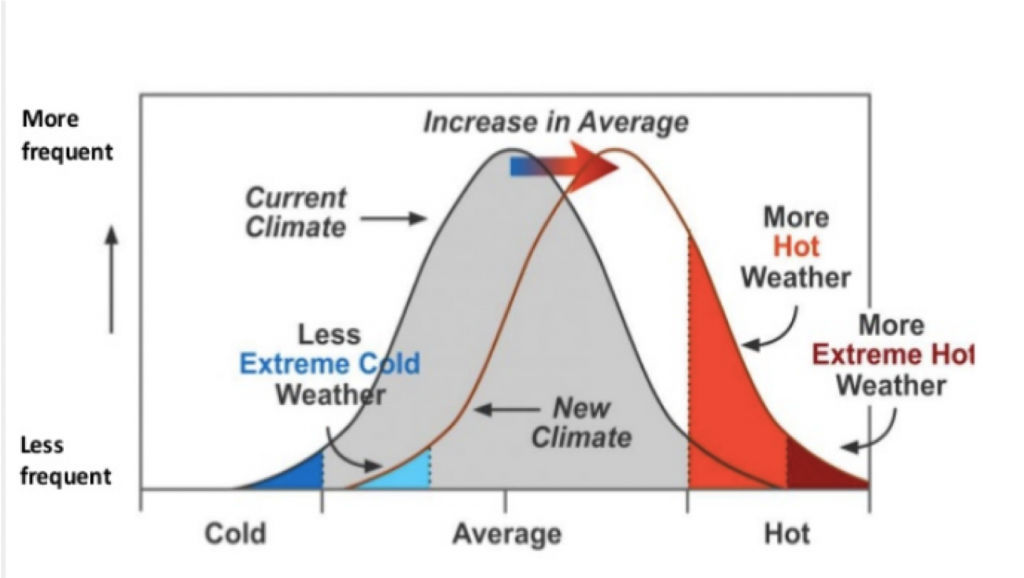
The second section looked at the effects of climate change in Hong Kong, focusing on it’s effects for human health. A survey on ’The attitudes of Hong Kong people towards climate change’ produced overall positive results, showing that amongst those surveyed, the majority believed climate change to be important, as well as feeling that the Hong Kong government was currently not doing enough to reduce carbon emissions. After research, this appears to be because of the lack of strategy for the long term decarbonisation of Hong Kong, as well as a failure to increase the presence of renewable energy within the city.
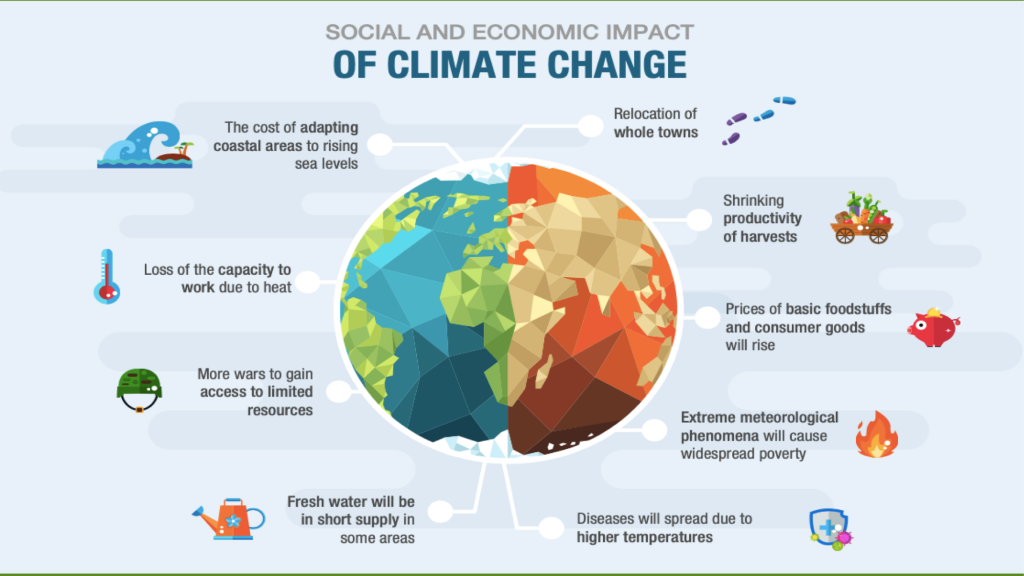
Zara Campion, was one of the organisers of Climate Action Hong Kong, organising the first student strike for climate change in Hong Kong in March 2019. She expressed how a lack of leadership in the government for the purpose of climate change, lack of priority and urgency, lack of financial budget and lack of education about the climate crisis in the local education system had all led to challenges in making climate change a priority in Hong Kong. Similarly, with the likes of the Hong Kong Protest and now Covid-19 organising strikes for the climate cause had been challenging. Yet, by using online platforms they were still able to continue to raise awareness and she remained hopeful that Hong Kong would join the fight as a leader to stop climate change in the near future.
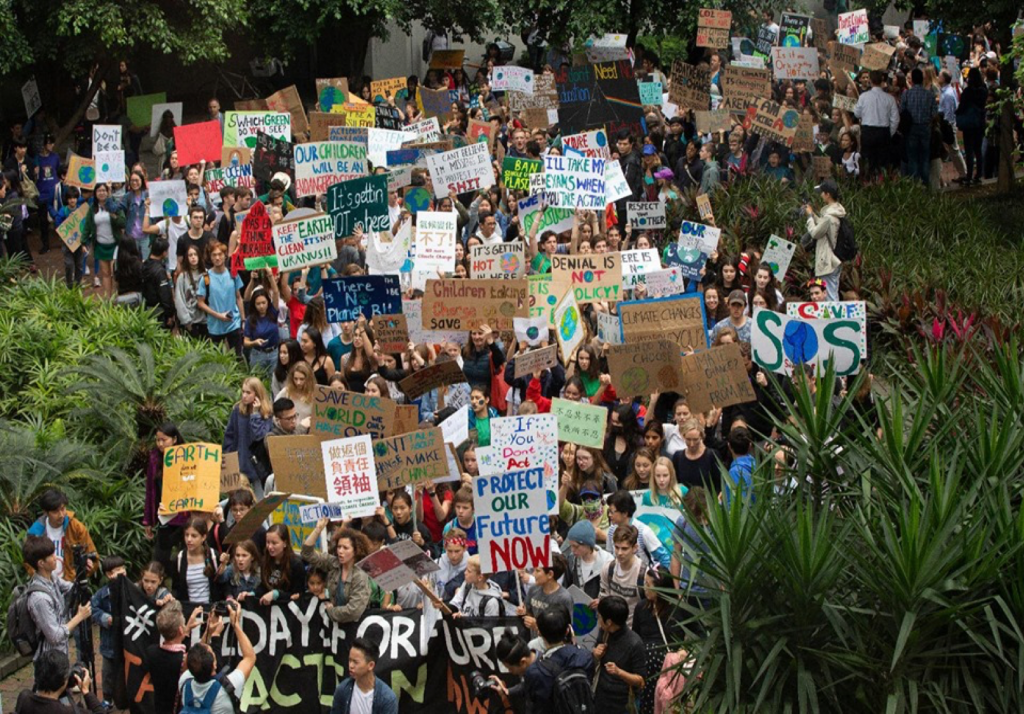
The third section, looking at the lessons from the pandemic and relating it to what can be learnt and applied to climate change was insightful. Carbon emissions plunging due to the decline in economic activity gave many a taste of what a greener future could resemble. Although not all the changes are expected to be permanent, in particular air travel expected to resume once the pandemic subsides. Others, such as the rise in remote work may have a lasting effect, aiding to cut down on carbon emissions.
Furthermore the similarities between the climate crisis and the pandemic, in particular government responses being slow to act, countries ignoring the warnings and thus being unprepared as well as those who deny the existence of climate change or the pandemic show an uncanny resemblance in both situations. However, the positive response of businesses to the pandemic has shown them to be able to adapt to new situations quickly. This positive response is a primary example showing that should businesses need to adapt to climate change, they will be prepared and able to do so in a remarkably short space of time.
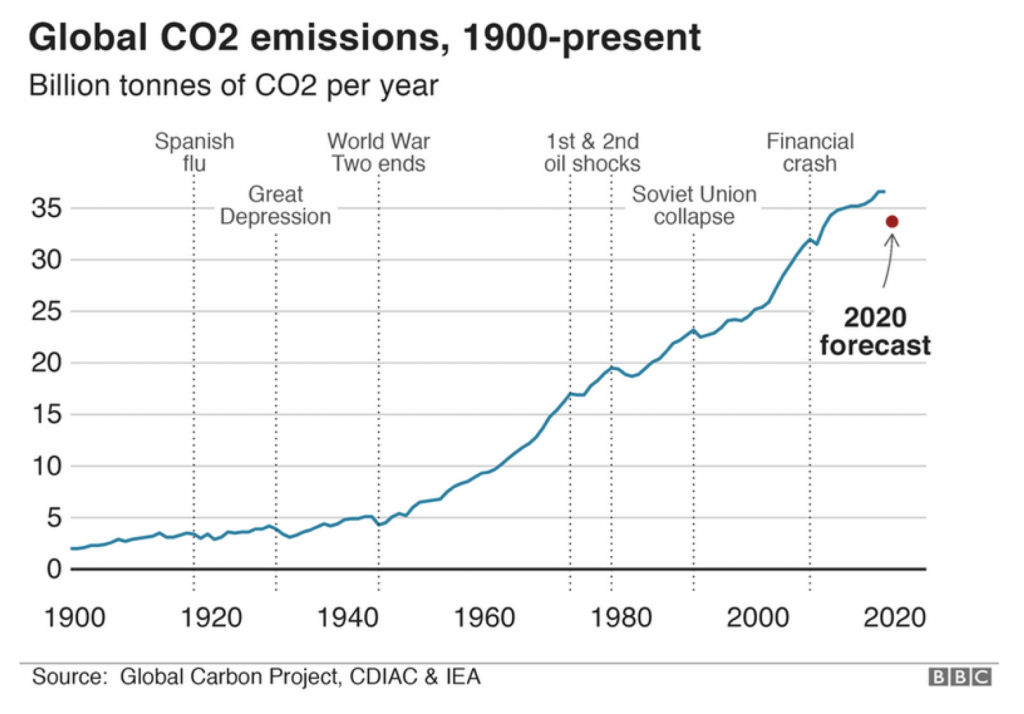
Lastly, the final section explored how an individual can go about reducing their carbon footprint. Amongst the Hong Kong population, increasing responsible consumption and production appears to be the most efficient way in reducing individuals’ carbon footprint. This entails to reduce food consumption (eg: food mileage, meat consumption), Clothes (eg: fast fashion bought clothes), Personal transportation (eg: reducing the use of private cars and taxis and increasing the use of buses and MTR) and electricity (eg: Capping the air-con at 24 degrees). Additionally, helping to raise awareness by participating in climate action activities such as tree planting, attending a climate march, or educating yourself about the environment through the use of documentaries or podcasts, can all inspire changes on different levels and scales.
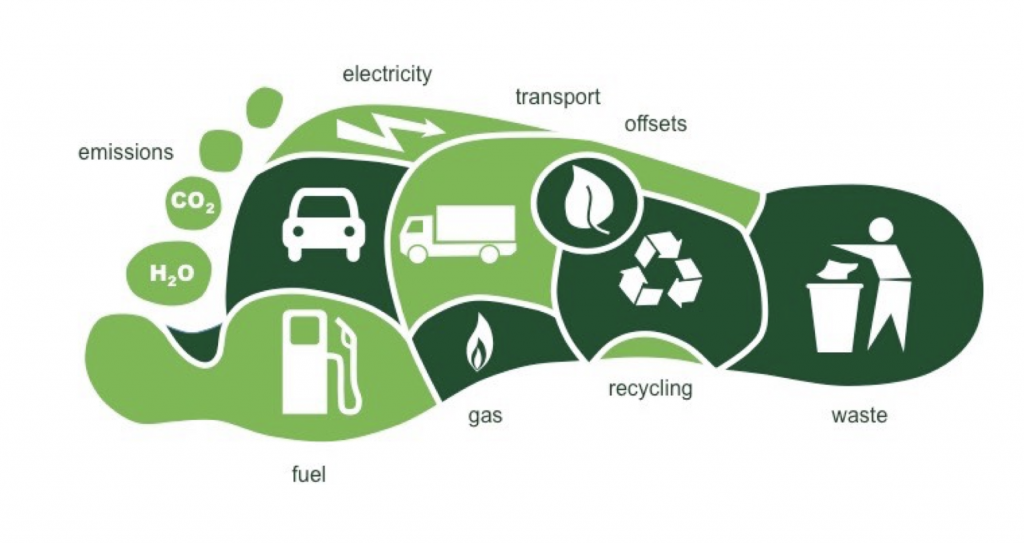
If you would be interested to learn more about climate change and what you can do as an individual, then please check out the events section at Encompass webpage, where events related to climate change are frequently posted for sign-up. Similarly you may use a carbon footprint calculator to calculate your own consumption to find areas where you need to cut on your personal consumption.

